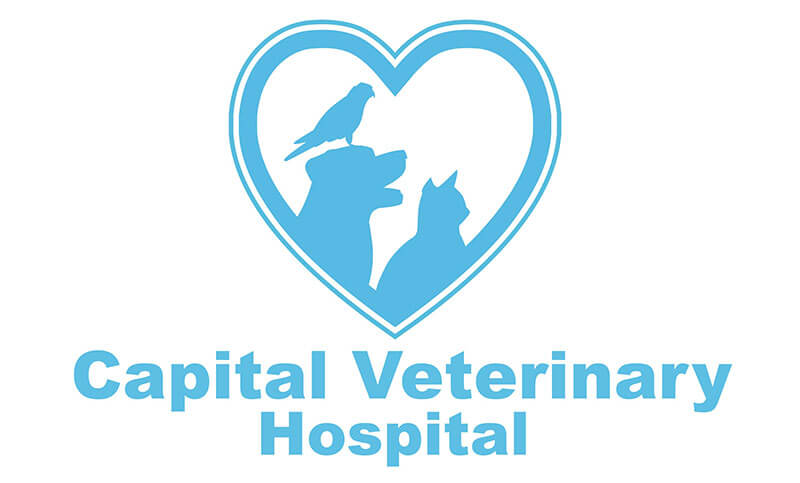 Dental care is vital to the overall health of any pet. Dental disease can lead to health issues with the heart, liver, and kidneys, and can affect the entire body through the bloodstream. In fact, 80 percent of dogs and 70 percent of cats over three years of age suffer from some form of dental disease, making it the most common pet health issue among our pet population.
Dental care is vital to the overall health of any pet. Dental disease can lead to health issues with the heart, liver, and kidneys, and can affect the entire body through the bloodstream. In fact, 80 percent of dogs and 70 percent of cats over three years of age suffer from some form of dental disease, making it the most common pet health issue among our pet population.
In spite of these disturbing facts, many pet owners are not aware of the importance of dental care to their pet’s health. There are a lot of different ways to improve your pets’ dental hygiene, including home brushing, dental chews and regular inspection.
The most effective way to protect your pet from dental disease is through professional cleanings. We perform thorough dental cleanings here at Capital Veterinary Hospital, including the area beneath the gums that you can’t see or access at home.
If your pet has brown/yellow teeth, bad breath, or is having difficulty eating, these could all be signs of dental disease.
Read more: from World Small Animal Veterinary Association (WSAVA)
Periodontal disease is by far the most common medical condition in small animal
veterinary patients.
Plaque forms within 24 hours, calculus within 3 days and gingivitis begins as early as 2
weeks.
Periodontal inflammation is caused by subgingival plaque; therefore, control of plaque
needs to address both supra- and more importantly subgingival plaque to be effective at
controlling disease.
Calculus (or tartar) is essentially non-pathogenic
The first sign of periodontal disease is bleeding on probing or brushing which occurs
prior to a color change
Periodontal infections have been linked to numerous systemic maladies including:
o Diabetes Mellitus
o Heart, lung, liver, and kidney disease
o Early mortality
Periodontal disease has been associated with numerous severe local effects including:
o Oronasal fistulas
o Oral cancer
o Mandibular fractures
o Ocular infection and blindness
o Osteomyelitis
o Class II perio-endo lesions
